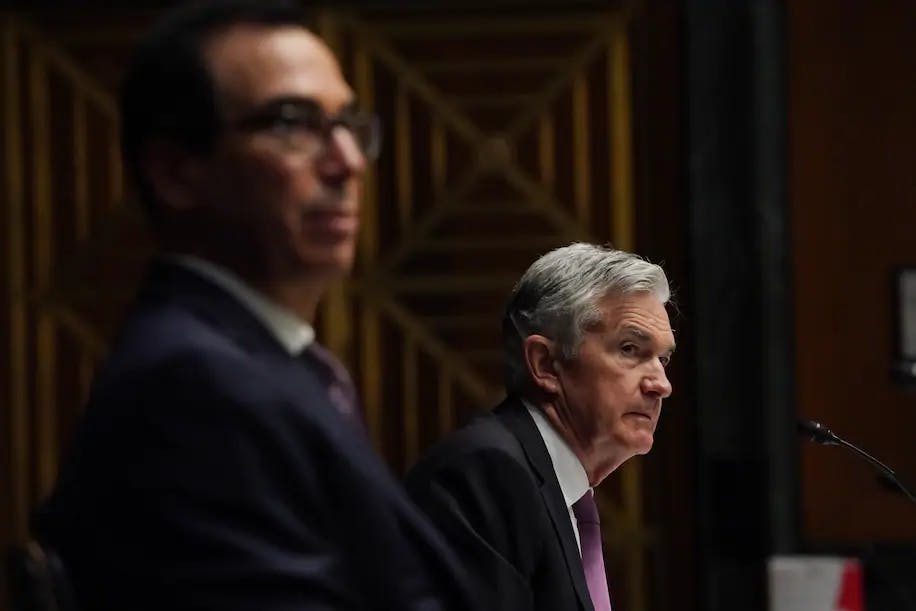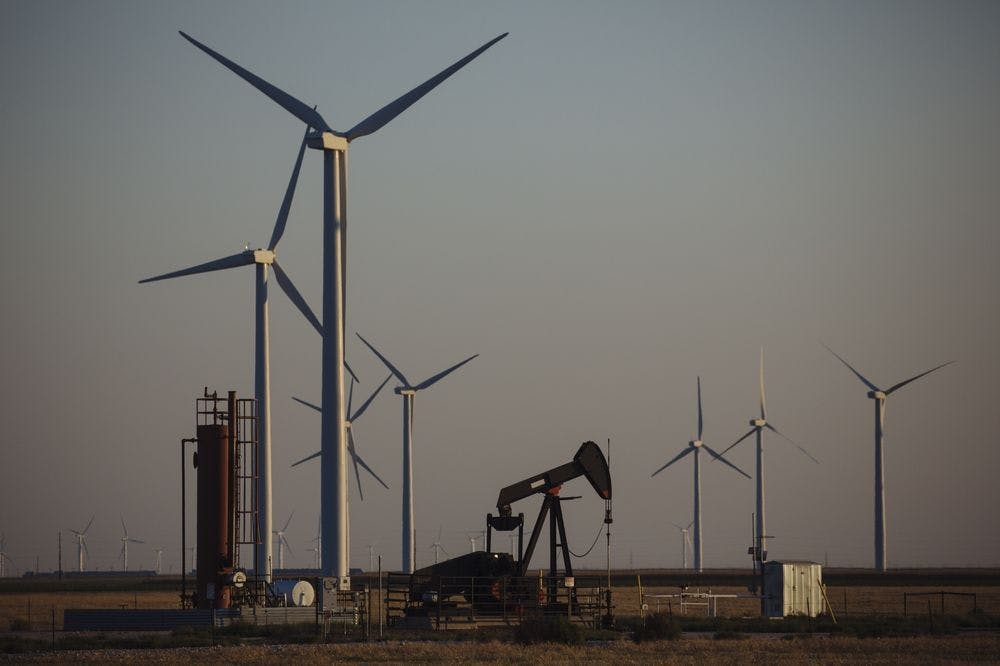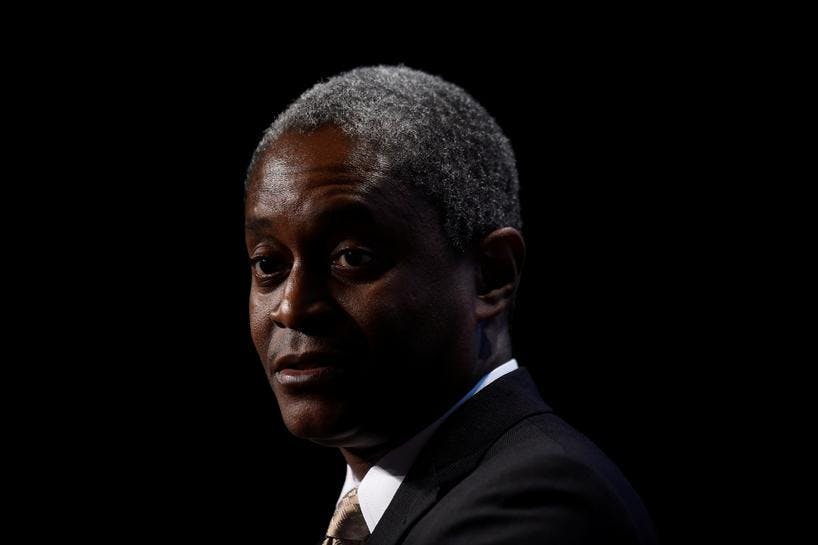 Washington Post
Washington Post
As Washington scrambles for more bailout money, the Fed sits on mountain of untapped funds
The White House and Congress are fighting over an economic relief bill, and odds appear low they will reach a deal before the November election. Yet hundreds of billions of dollars already set aside by lawmakers to support the Federal Reserve’s emergency aid programs may never be touched, illustrating the unevenness of Congress’s bailout decisions from earlier this year.
In March, Congress allotted $454 billion to the Treasury Department to support the central bank’s emergency lending programs, including those for struggling businesses and local governments. Of that pot, only $195 billion has been specifically committed to cover any losses the Fed might take, including through loans that companies fail to repay. Seven months into the crisis, the remaining $259 billion still has not been committed to any of the Fed’s specific programs or for any other purpose, and it is unlikely that it will be anytime soon.
Read more Bloomberg
Bloomberg
Markets Are Divesting You From Fossil Fuels
One of the oldest components of the Dow Jones Industrial Average disappeared from the popular market benchmark at the end of August. ExxonMobil Corp., a member since 1928 (when it was Standard Oil of New Jersey) and the world’s most valuable company as recently as 2011, had fallen in value over recent years, but it was finally ousted for technical reasons. That month, Apple Inc. announced a 4-for-1 stock split. The subsequent drop in the iPhone maker’s stock price narrowed its share of the price-weighted Dow. The index provider opted to adjust its component companies—booting out Exxon—to maintain the information technology sector’s weighting.
In a year of record-low oil prices, the fossil fuel giant’s demotion might seem like a harbinger of bad news for the energy sector. Yet a more profound rebalancing was already under way. In 2008 energy was the S&P 500’s second-largest sector by weight, right behind information technology. Energy, one of the S&P 500’s 11 sectors, is made up entirely of oil and gas and oilfield services companies in the index, and over the past 12 years its heft has diminished. In August, after dropping below utilities, then real estate, and finally materials, energy is now the smallest sector by weight in the S&P 500. Shrinking from almost 16% to barely more than 2% of what’s arguably the most-followed stock benchmark raises a multitrillion-dollar thought experiment for investors: What value will energy companies add to a technology-driven and increasingly electrified world?
Read more Renew Economy
Renew Economy
Oil and gas destined to become the new coal as big investors retreat
A brewing storm of major financial institutions divesting from Arctic and oil sand drilling signals a dark future for oil and gas, finds a new investigation from the Institute for Energy Economics and Financial Analysis (IEEFA).
The investigation, published today, quantifies the scale of shifts among large investors. The World Bank, BPN Paribas, Goldman Sachs, Wells Fargo and Morgan Stanley have been named as announcing formal exits from oil sands and/or arctic drilling practices. This change has been driven mostly by European financial institutions, but also by six major institutions in the United States, and has been accelerating this year, with another 23 institutions adopting such policies, taking the total to more than 50.
Read more Reuters
Reuters
Fed's Bostic says significant portions of U.S. recovery are weak or nonexistent
It will be a while before the U.S. economy is fully recovered and before the Federal Reserve will raise interest rates or remove the support it is providing financial markets, Atlanta Federal Reserve Bank President Raphael Bostic said on Monday.
“On balance, I am comfortable with our current policy stance,” Bostic said in remarks prepared for a virtual event organized for the Securities Industry and Financial Markets Association Annual Meeting. “As I have detailed today, though the U.S. economy continues to show clear signs of recovery, there remain significant portions where the recovery has been weak or nonexistent.”
Read more LA Time
LA Time
OPINION: Airlines don’t deserve another taxpayer-financed bailout
Congress and President Trump, having doled out $25 billion in payroll grants plus a similar sum in low-interest loans to the airline industry in April, are seeking a second bailout, possibly as part of a general stimulus bill.
The urge to rescue the airlines flows from good intentions, but it is not a smart way to help the economy and it will reward CEOs for serial mismanagement and self-enrichment.
Read more